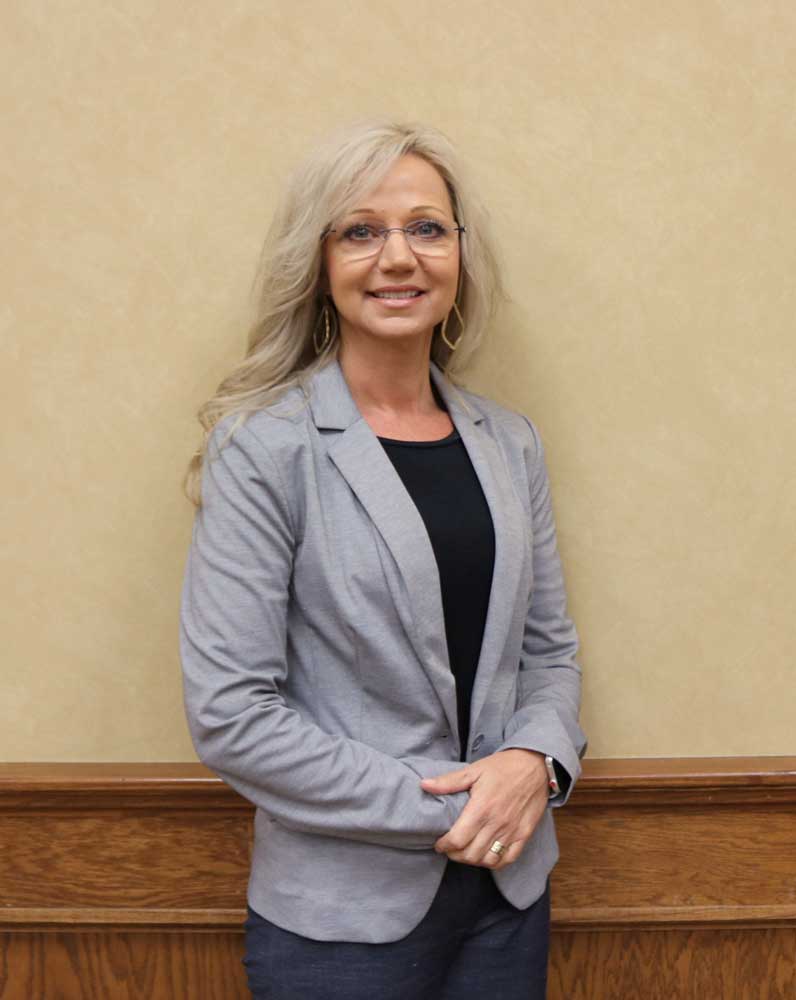Drive Sober This Independence Day and Every Day: Buzzed Driving Is Drunken Driving
Published 3:51 pm Friday, July 2, 2021

- Claudann Jones, Smith County AgriLife extension agent (Courtesy photo/Smith County)
This Independence Day, Texas A&M AgriLife Extension Service’s Watch UR BAC program, the U.S. Department of Transportation’s National Highway Traffic Safety Administration (NHTSA), and the Texas Department of Transportation (TxDOT) want to remind drivers that Buzzed Driving Is Drunk Driving.
No matter how people choose to celebrate Independence Day, do it safely and always have a sober ride. Anyone under the influence of alcohol that chooses to get behind the wheel of a vehicle not only puts everyone on the road in danger, but also themself.
Fourth of July festivities often start early in the day and go into the evening or late at night, causing more cars to be on the roads at night. In 2019, 515 people died in motor vehicle traffic crashes over the July Fourth holiday period. Thirty-eight percent (198) of those fatalities occurred in alcohol-impaired driving crashes. Many of the drivers arrested for drunken driving on the Fourth of Julyhave likely been drinking alcohol throughout the day at various planned gatherings.
From 2015 to 2019, there were 1,339 people killed in drunken-driving crashes over the Fourth of July holiday. Of those people who died in alcohol-impaired motor vehicle traffic crashes, almost 4 out of 5 occurred in nighttime crashes (between 6 p.m. and 5:59 a.m.).
The only way to prevent this is to never drink and drive.
Celebrate with a Plan
• Remember: It is never OK to drink and drive — even if after only one alcoholic beverage. Designate a sober driver or plan to use public transportation or a ride service to get home safely.
• Suspect a motorist on the road is driving drunk or intoxicated? Contact local law enforcement immediately.
• Have a friend who is about to drink and drive? Take their keys away and plan to get them home safely.
Stay safe and enjoy your 4th of July activities. For more information, contact me, Claudann Jones, Smith County Extension Agent for Family and Community Health at 903-590-2980 or email at cmjones@ag.tamu.edu. Like our Facebook page: Texas A&M AgriLife Extension Service Smith County. Stay well and stay safe.
For more information about the Watch UR BAC program, contact: Jeffrey Pearce, Texas A&M AgriLife Extension Service, by phone: 979-321-5333; or email: Jeffrey.Pearce@ag.tamu.edu. Website: https://www.nhtsa.gov/risky-driving/drunk-driving.







